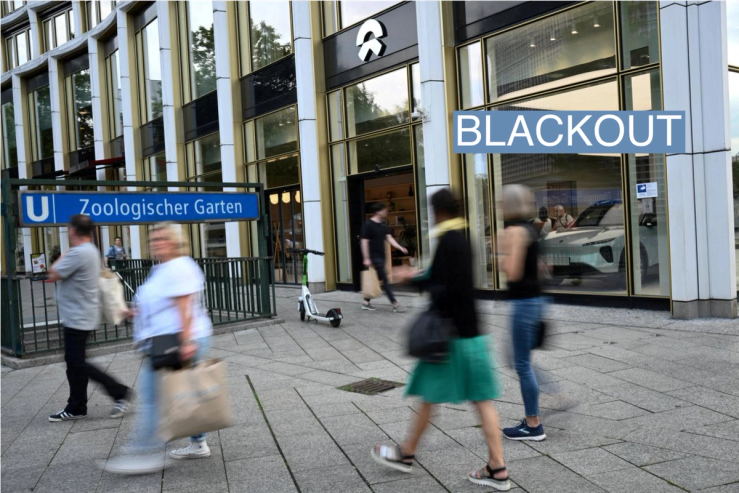The News
The European Parliament’s shift to the right could slow the bloc’s decarbonization efforts — particularly when it comes to transitioning to electric vehicles instead of traditional gas-powered transport.
Europe’s lawmakers could double-down on boosting Europe’s competitiveness against China, and new tariffs on Chinese imports, especially EVs, are expected this week, even as Chinese EV giant, BYD, is due to sponsor the European Championships, one of the bloc’s biggest sporting tournaments, which starts on Friday.
SIGNALS
Fears of Chinese competition trump decarbonization efforts
It’s “too early to tell” how far-right parties will approach China, particularly given their conflicting philosophies on how to deal with Beijing, Sebestyén Hompot, a research fellow at the Central European Institute of Asian Studies, told Semafor. Ultimately, European parliamentarians appear relatively united in securing Europe’s “economic security” and will work to promote European business interests, even at the expense of the bloc’s decarbonization targets, he said. Europeans themselves have become a key consumer for (cheaper) Chinese EVs, but EU lawmakers are more concerned about the risks of “becoming dependent on China” for EVs, Hompot said, than they are interested in making European-made EVs cheaper.
Traditional automakers see shift to the right as win
With the shift to the right, many objectives of the bloc’s 2020 Green Deal are now in limbo as the center-right will be forced to collaborate with far-right parties for power. Of particular concern is meeting a 2035 target to stop the sale of traditional internal-combustion vehicles. Canceling the deadline “has become a significant objective for Europe’s right-wing parties,” according to Global Data, an analytics firm. Industry leaders have argued that the 2035 target is too soon and European automakers cannot financially survive if they try to transition to all-electric fleets before then. Internal-combustion vehicles are “a testament to the power of European creativity and ingenuity” and are the only economically viable alternative to the rise of Chinese EVs, according to the Conservatives and Reformists’ manifesto.
Chinese EV makers still investing in Europe for long-term
Despite these reservations against Chinese EVs — and the bloc considering tariff rates against Chinese EVs this week — Chinese EV-makers themselves are confident they will retain business in Europe and are investing for the long-term on the continent, according to Reuters. EV-maker Chery will begin production in Spain later this year, and the company is considering a second plant in Italy where Prime Minister Giorgia Meloni has been seen as more pragmatic about Chinese investment, as Semafor previously reported. And like European automakers that have built a loyal customer base through “strong branding,” BYD has gained similar traction and will get more as the main sponsor of this year’s UEFA Euros soccer tournament, according to economist Davide Oneglia.



